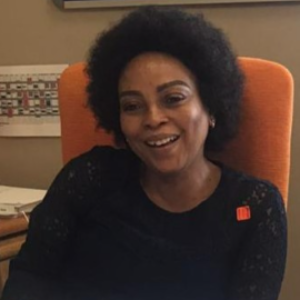Title : Decolonization of the nursing education curriculum in Gauteng Province, South Africa- A concept analysis
Abstract:
Decolonization of the nursing education curriculum has become more important than ever. The nursing profession has been colonized since the founding era of Florence Nightingale of the profession. This Victorian curriculum has been carried out through decades of the existence of the nursing profession. There is a knowledge gap of how a decolonized nursing education curriculum should look like. The purpose of this paper is to describe the concept analysis process that was followed to clarify the concept decolonization of the curriculum, provide conceptual meaning in nursing education, and formulate a theoretical definition using Walker and Avant’s eight-step method. Definitions, nature, characteristics and uses of decolonisation were sought and the researchers explored 70 publications which included dictionaries, encyclopaedias, thesauri, conference papers, research reports, journal articles and subject-related literature across multiple disciplines to critically analyse “decolonization”. A 10-year period from 2012 to 2022 was used to search several databases. The defining attributes which included antecedents, the process and consequences of decolonization emerged. The concepts of “decolonisation” and “transformation” were analysed to develop a decolonisation model to transform the curriculum in the context of nursing education. This step involved exploration and description of the conceptual and theoretical meaning of “decolonisation” of the curriculum in nursing education. Walker and Avant’s method eight step method of concept analysis (2019), as adapted from Wilson (1963) was followed whereby the researcher undertook a broad search of relevant literature. These eight steps included: a) selection of the two concepts, (b) determining the aims or purpose of analysis, (c) Identification of all uses of the concepts that were discovered, (d) determination of the defining attributes of each concept, (e) identification of a model case, (f) identification of borderline, related, contrary, invented and illegitimate cases, (g) identification of antecedents and consequences, and (h) definition of empirical referents. Concept analysis enabled the researcher to clarify the abstract and ambiguous meaning of the concept “decolonization” into their concrete defining attributes and related connotations which can be used to develop a model or theory



